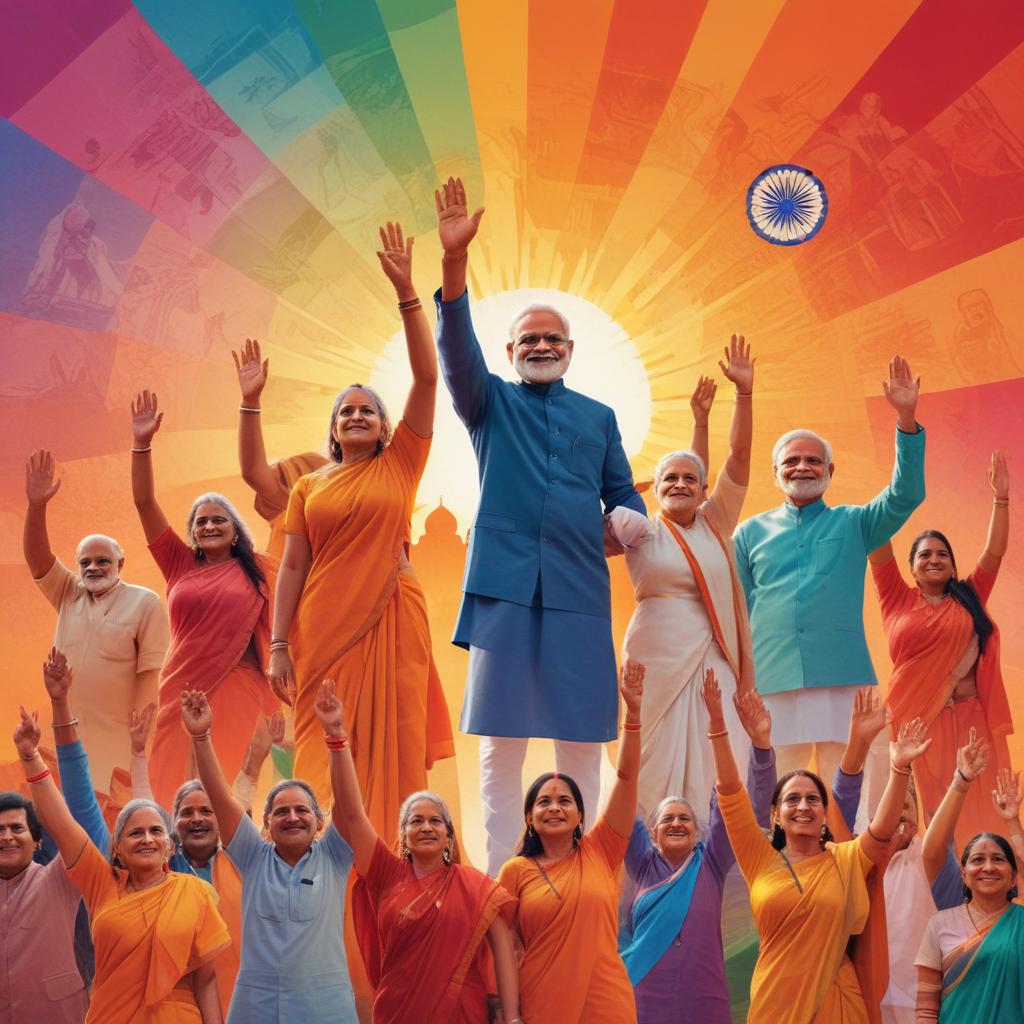India's Truth Under Siege? The Chilling Crackdown on Journalism That Affects YOU!
Imagine waking up to a mobile phone filled only with news approved by the government, your favorite online creators' videos vanished, and newspapers showing nothing but smiling faces of powerful industrialists. This isn't a scene from a dystopian movie; it's a chilling reality unfolding in India, as a systematic crackdown on critical journalism threatens *your* access to unbiased information and the very foundations of democracy.
Written by
pokelistic news



